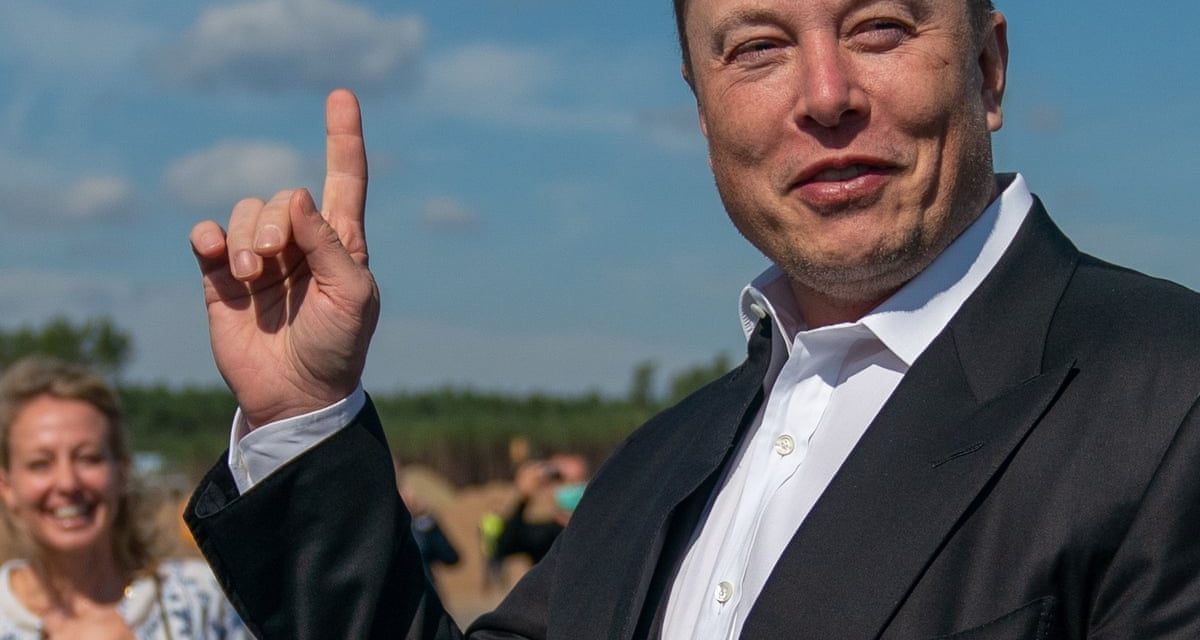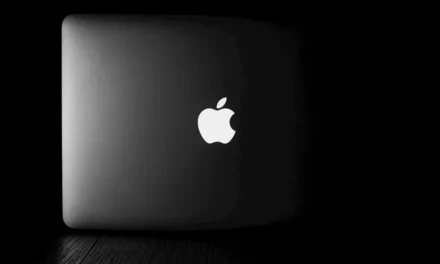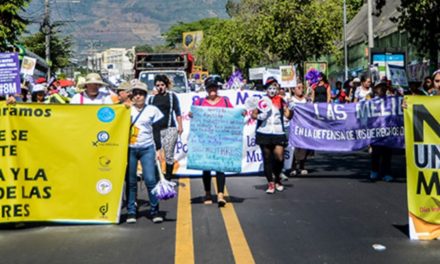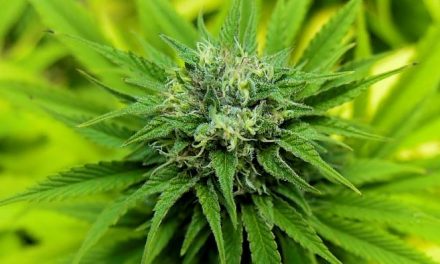Entrepreneur, innovator, and agent-provocateur: these are just three ways the media, his peers, and critics have described Elon Musk. As Musk turned 50 on June 28th, he has certainly come a long way from his childhood in South Africa.
Today, Musk is best known as the forward-thinking but controversial man behind Tesla Motors, SpaceX, and The Boring Company and co-founder of companies OpenAI and Neuralink.
It wouldn’t be going too far to say that the multi-hyphenate Musk is the real-life version of Marvel Comics’ Iron Man Tony Stark – but the road to where he is now was anything but easy.
Beyond bullying
Born in Pretoria, South Africa, Musk was born as the eldest of three children of Canadian nutritionist Maye Musk and electromechanical engineer/pilot Errol Musk.
It was not a happy childhood. When his parents divorced in 1979, the then-nine-year-old Elon chose to live with their father; it was a decision he regrets to this day. Musk’s relationship with his father went steadily downhill after the move.
His life at school did not help matters, either. The future entrepreneur was bullied by his peers, even getting hospitalized once when his schoolmates threw him down a flight of stairs and beat him senseless.
The innovator rises
But there was one thing that kept the young Musk’s mind off his troubles at school and at home: computers. By the time he was twelve, he was programming simple games, one of which he sold to a computer magazine for $500. He would later describe it as “a trivial game,” but it was one of the things that would whet his appetite for innovation.
Moving to Canada with his mother and siblings after he finished high school, Musk would take two years at Ontario’s Queen’s University before getting his degrees in physics and economics over the border at the University of Pennsylvania.
The next step would have been a Ph.D. from Stanford University, but Musk decided to take his chances in the dot-com boom that was beginning to take hold over in Silicon Valley; he never looked back.
He and his brother Kimbal launched a company called Zip2 which provided city travel guides to major media outlets. The brothers would eventually sell the company to Compaq for a cool $341 million.
With the $10 million from his share from the Zip2 deal, Musk started an online banking company called X.com – a company that would later merge with financial start-up Confinity to become the payment gateway PayPal. Unfortunately, this also established Musk’s reputation as an agent provocateur: his unpopular drive for PayPal to switch to Microsoft Windows for its servers led to his ouster from the company in late 2000.
But this didn’t faze Musk who already had other plans up his sleeve. In 2002, he established the company we known today as SpaceX.
A passion for innovation
While SpaceX was created to reduce the cost of spaceflight by up to a factor often, the company’s long-term goal is to put a thriving human colony on Mars.
But Musk’s terrestrial activities have also been keeping him busy. His electrical car company Tesla Motors has made numerous innovations in the field of transportation, developing a number of vehicles running on sustainable energy rather than fossil fuels.
Tesla is not Musk’s only ace up his sleeve – far from it, as a matter of fact. Musk has a concept for a super high-speed train called a Hyperloop which, in theory, can ferry passengers from Los Angeles to San Francisco in just 30 minutes. He also started The Boring Company in 2016 to dig networked tunnels under major cities in order to reduce traffic issues.
Musk has also delved into artificial intelligence with OpenAI, a nonprofit organisation that aims to ensure that AI technology will never bring harm to humanity.
They say that 50 is a golden age in a person’s life. In Elon Musk’s case, it literally is.














